geosoco
- 116 Posts
- 156 Comments

 21·1 year ago
21·1 year agoIt’s funny to watch his facade occasionally fall and the curtain to be peeled back, and yet the show just keeps going.
Unlike other politicians, the trail of grifts with him is long, and yet people still keep him going.

 1·1 year ago
1·1 year agoYeah, that’s my problem. I added it after they commented.
Some highlights if you don’t want to click:
Temperatures are forecast to be warmer than normal for all of the northern U.S., from northern California, Oregon and Washington to Pennsylvania, New York and into New England.
NOAA says that temperatures will stay closer to the 30-year average for the South.
For the precipitation (rain, snow, sleet, etc.), the northern states could see below-normal snowfall, especially in the northern Rockies and the Great Lakes.
Across most of the South, wetter than normal conditions are expected, especially in the Southeast from Louisiana to Florida and into the Carolinas.
For the Northeast, there is a chance that this will be a wetter than normal winter from Washington, D.C., to Philadelphia, to New York City and into southern New England.
super important detail
One other thing to note, this is all a probability forecast. The atmosphere is very fluid and dynamic, and forecasts could change.

 3·1 year ago
3·1 year agoOP NOTE: This is actually a week old, today 3 judge panel allowed the ban to go into effect. Here’s the author’s mastodon post about it. though there are few other details and I can’t find a new story about it.
BREAKING: A three-judge panel of the 5th Circuit (Elrod, Haynes, Douglas) allows Texas’s book-ban law to go into effect, issuing an administrative stay of the district court ruling enjoining enforcement of the law.
The court gave no reasoning for its order, which is remarkable given that the law has never been allowed to go into effect, so the order — although posed as merely “administrative” — is a ruling, at least temporarily, changing the status of state law.

 1·1 year ago
1·1 year agoOr leave the house 😢

 4·1 year ago
4·1 year agoThis only sorta works for today and if your friends never share images or videos online. The ever-increasing amount of people taking pictures and filming and posting them online means the day is quickly approaching where you could be identified and tracked through other people’s content, security & surveillance cameras, etc.
If stores start adopting the tracking used at Walmart and the Amazon biometric data, social media will be the last of your worries.

 1·1 year ago
1·1 year agoYes, it’s a press release, but I think this is maybe a an interesting use for some of the AI to augment that of volunteers who help describe and annotate for people who have vision challenges.

 2·1 year ago
2·1 year agoWelcome to the future [of shit]!

 1·1 year ago
1·1 year agoAhh, Google’s tried and true method of throwing a million half-baked features to people before promptly cancelling them all. This will definitely work for them.
That’s a decent start, but you need a browser that’s resistant to fingerprinting through some plugins and something like ublock origin that will block all embedded content. At some point, it may require you to use a phone number, and at that point you may have a problem. If you avoid that, one of the biggest threats are the facebook and related meta content placed on other pages around the internet. The pixel is one aspect, but almost any facebook content can still track you across sites. These are easily blocked with a decent adblocker and probably privacybadger too.
I know lots of folks will disagree, but I’d care less about Facebook tracking you as they mostly only care about serving you ads and making content suggestions to keep you on the platform to view more ads. Facebook has never served me a relevant ad, and even with a lot of use still can’t recommend things I’m interested in. Data leaks and sharing is a concern, but that’s a concern with every site. I think when it comes to privacy, there’s far bigger concerns.

 15·1 year ago
15·1 year agoI feel so much safer knowing he might show up and protect me from a grocery store robbery.

 14·1 year ago
14·1 year agoThis was the intent of the inquiries.
However, I think the title is a bit misleading. I wouldn’t say the research is “buckling”. It’s definitely been a headache, and sure there are some people who would rather not deal with the ever-increasing death threats, but that applies to many areas of research.
The question is how they’re going to try and stop funding research into this. The research around this is especially important from a national security perspective, because it’s become easier than ever to slide propaganda into social media and news media. If you’ve got enough resources, you can likely sway elections even easier than before.

 5·1 year ago
5·1 year agoFrom a feature-functional perspective, sure, but it’s not entirely true. The biggest differentiators for social media are rarely the core features, but the content and friends. There’s a few specific groups that have slowly been migrating from Twitter and Mastodon there.
There’s a couple of very famous people that have moved over and because the audience is smaller, they tend to engage with people more often.

 8·1 year ago
8·1 year agoThis has arguably always been the case. A century ago, it could take years to get something published and into a book form such that it could be taught, and even then it could take an expert to interpret it to a layperson.
Today, the expert can not only share their research, they can do interviews and make tiktok videos about a topic before their research has been published. If it’s valuable, 500 news outlets will write clickbait, and students can do a report on it within a week of it happening.
A decent education isn’t about teaching you the specifics of some process or even necessarily the state-of-the-art, it’s about teaching you how to learn and adapt. How to deal with people to get things accomplished. How to find and validate resources to learn something. Great professors at research institutions will teach you not only the state-of-the-art, but the opportunities for 10 years into the future because they know what the important questions are.

 11·1 year ago
11·1 year agoIt doesn’t really matter. If you find value in using it, just keep using it.

 24·1 year ago
24·1 year agoHad this question like 2 years ago, thinking it was due for an upgrade… At this point, I wouldn’t be surprised if they never release another.
I think it supports pretty much everything you might want in a device already.

 6·1 year ago
6·1 year agoSupposedly it’ll be free, they just have to work out their shit?

 22·1 year ago
22·1 year agoJOE IS TAKING AWAY MY 4 HOUR HOT SHOWERS EVERY DAY??? This is some WOKE fucking nonsense.

 1·1 year ago
1·1 year agoMany folks running instances take donations. Folks are happy to toss up a few bucks to help cover costs. Similar to how people are happy to hop on patreon and support whatever creators on a monthly basis. That’s where a lot of the core mastodon money comes from. There’s also grants from orgs and governments too to contribute.
This isn’t a new concept, and the internet has always had services that worked like this. Usenet, mirrored file repositories, etc. It wasn’t until the early 2000s that many things started to become centralized, and we see how well that’s worked out.

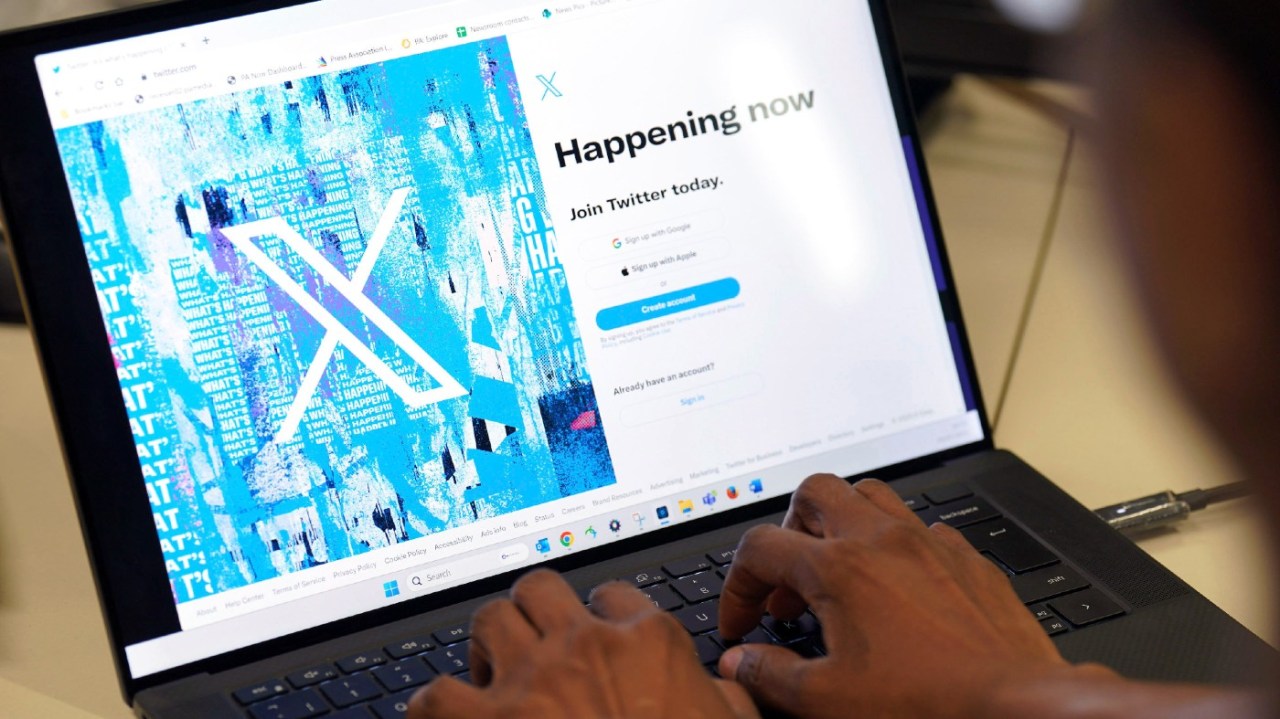


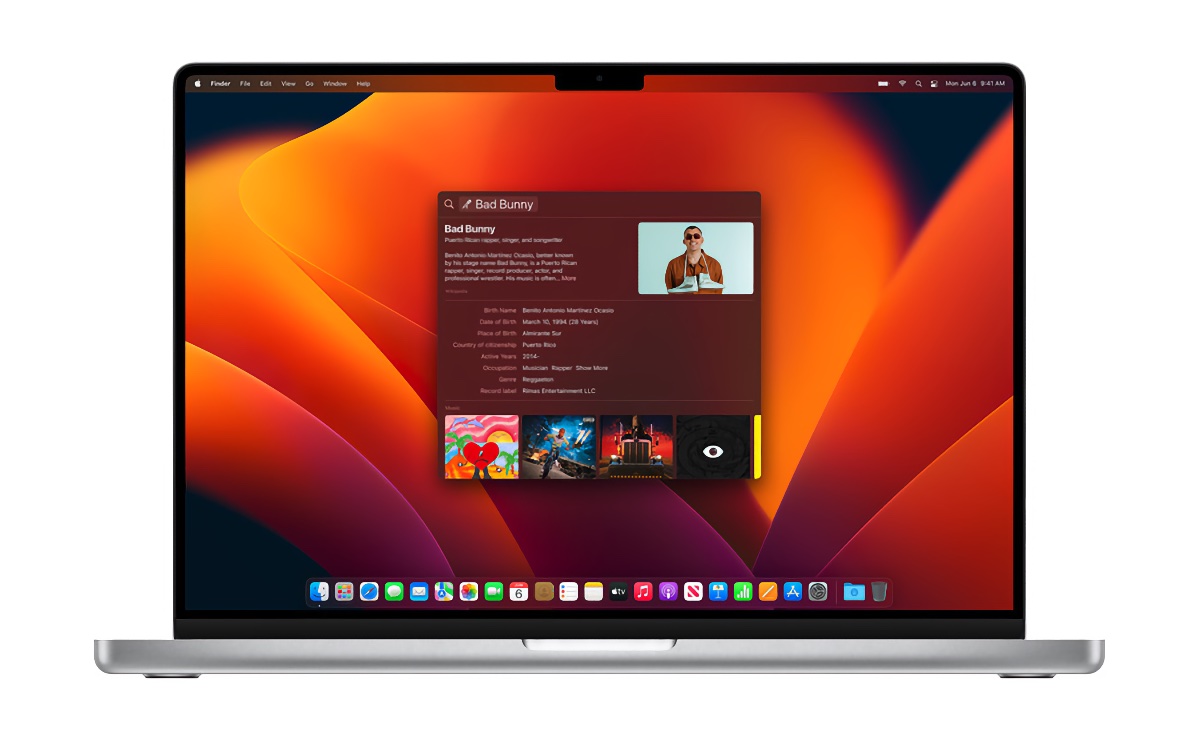

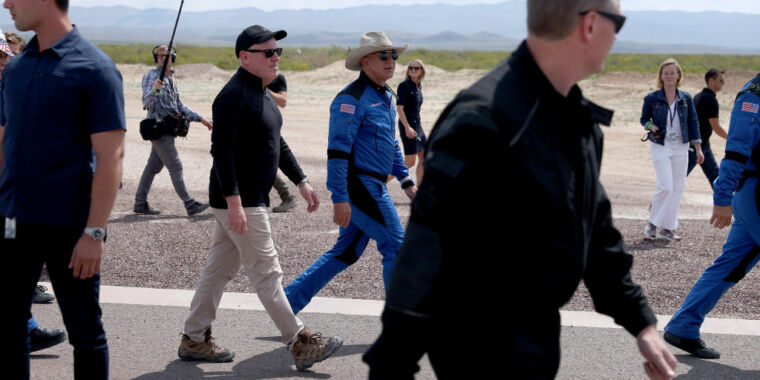




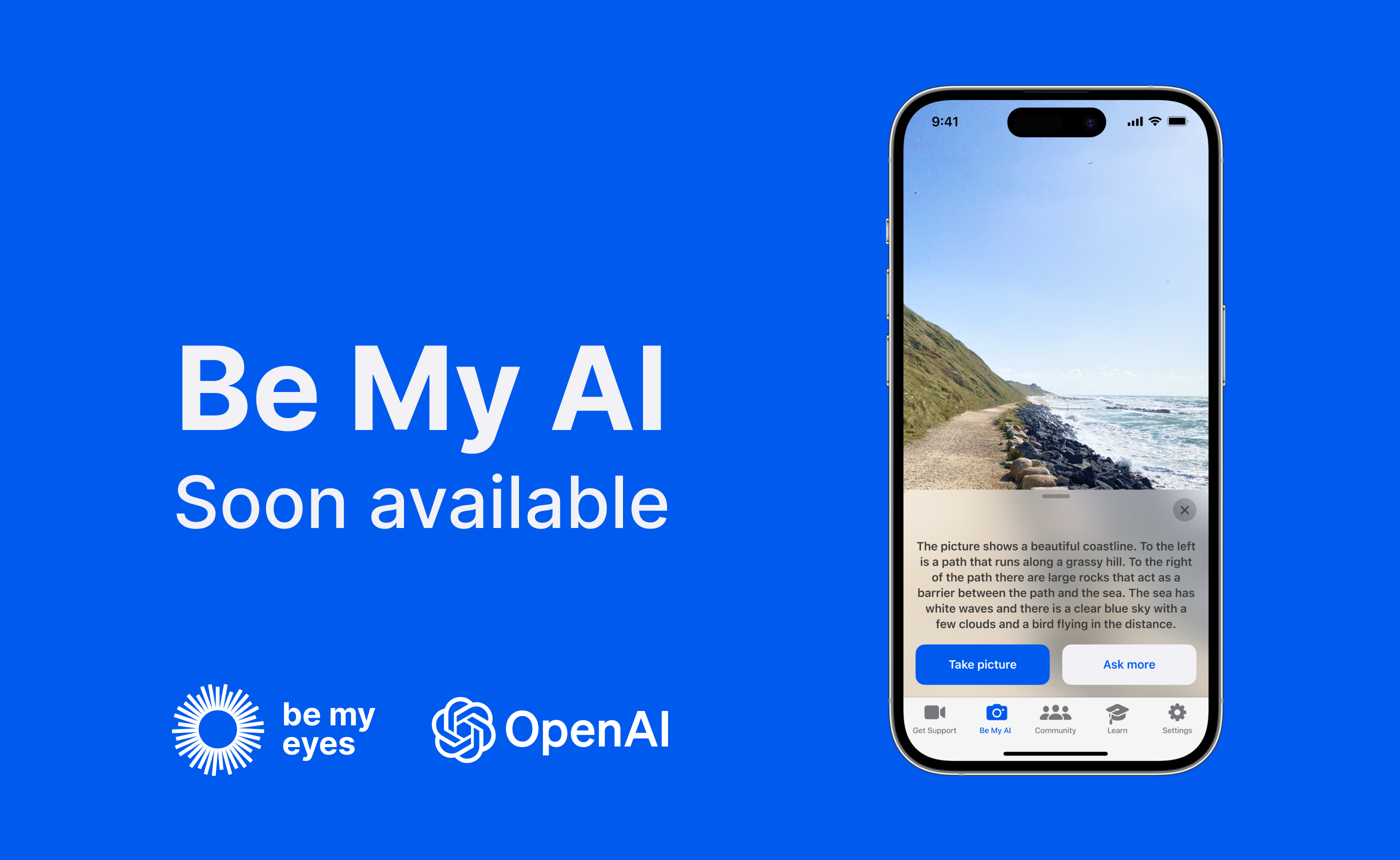
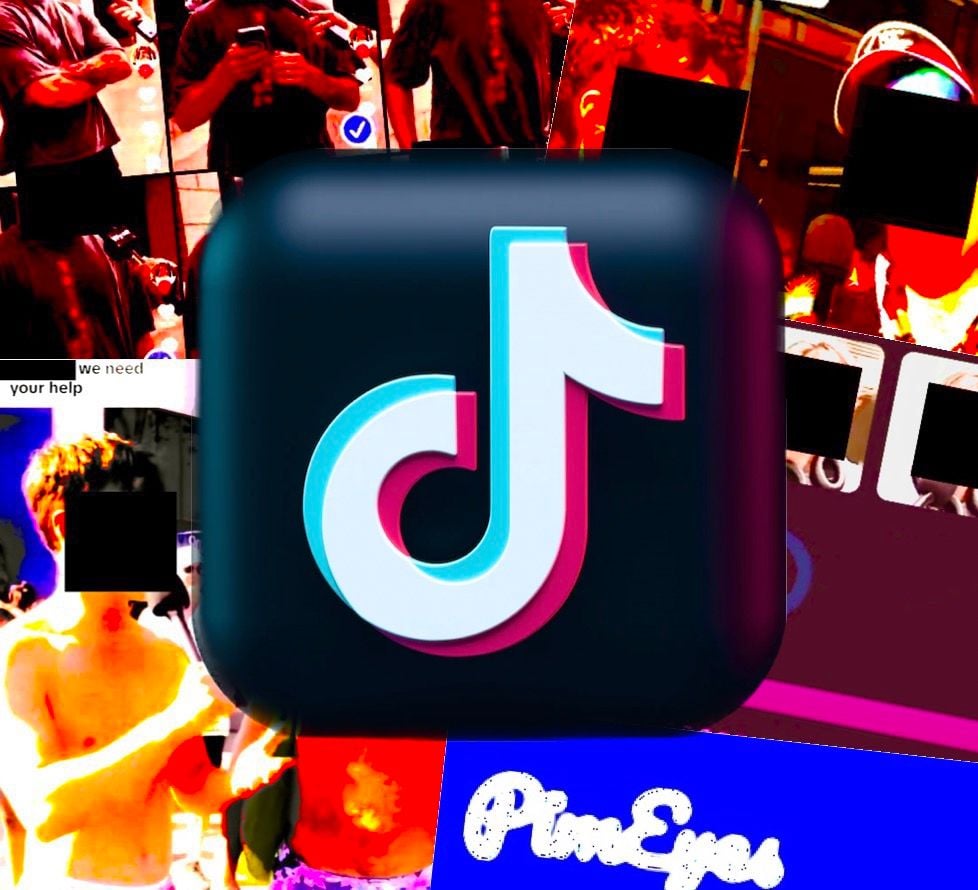



Many sites have had to enable reveal passwords for people with complicated passwords not using password managers.
It’s low risk, but their numbers are also coming from fairly dated hardware and is just proof of concept. It can almost certainly be speed up significantly.